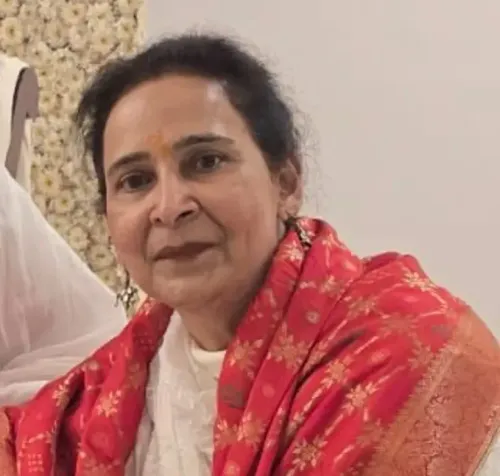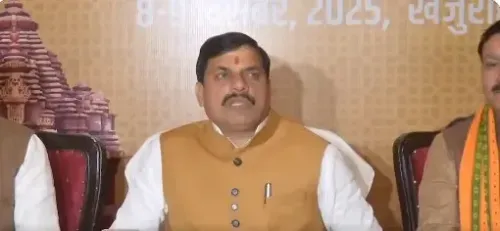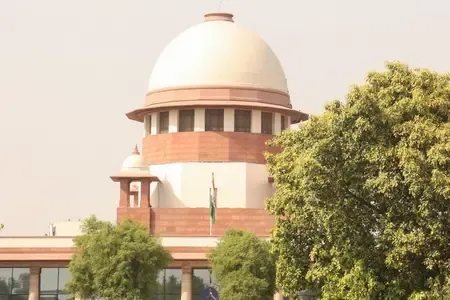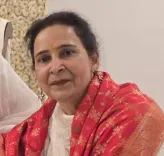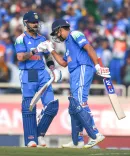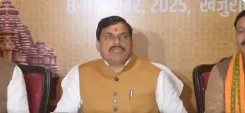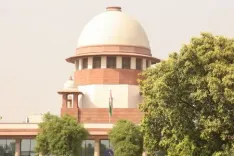Leading Strategic Authorities and Diplomats Examine Evolving Global Order at Maharana Pratap Geopolitics Dialogue
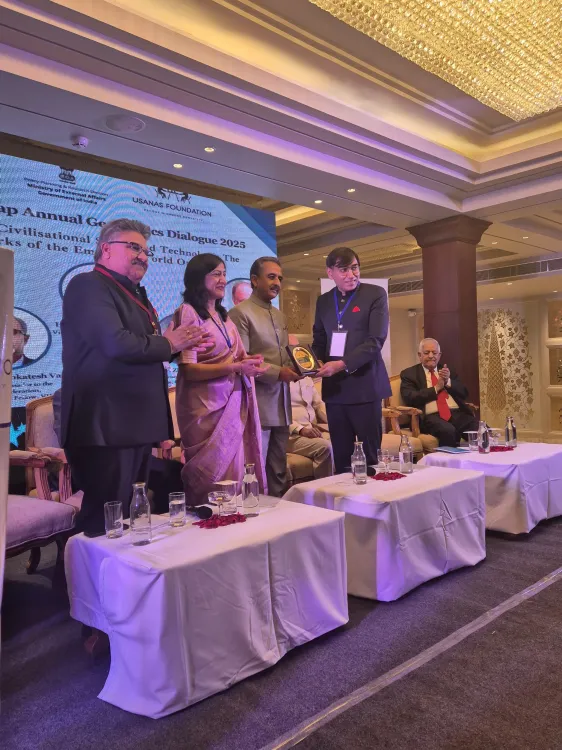
Synopsis
Key Takeaways
- Emphasis on bilateral relations between India and Israel.
- Significance of national rehabilitation programs for radicalized individuals.
- Need for balanced foreign policy to empower nations.
- Collaboration between West Asian and South Asian extremists.
- Challenges posed by non-state actors in the global landscape.
Jaipur, Feb 18 (NationPress) Minister of State for External Affairs Kirti Vardhan Singh, Israel's Ambassador to India Reuven Azar, Armenian Ambassador to India Vahagn Afyan, along with prominent leaders and diplomats, offered their perspectives on the transformative phase of the global power structure at the fourth iteration of the Maharana Pratap Annual Geopolitics Dialogue (MPAGD) 2025 held in Jaipur.
This two-day event, orchestrated by the Usanas Foundation and co-hosted by the Ministry of External Affairs (MEA), centered around the theme of 'Building Tomorrow: Shaping the Future', featuring a roster of distinguished speakers from around the world.
The opening keynote was presented by Minister Kirti Vardhan Singh, who honored Maharana Pratap, underscoring his diplomatic prowess and dedication to preserving state sovereignty. He also shared valuable insights on technology, multipolarity, mutual respect, and the influence of ancient civilizations on contemporary global dynamics.
In his speech, Reuven Azar characterized terrorism as one of the gravest challenges facing the world today, stressing the necessity of enhancing bilateral ties between India and Israel.
Vahagn Afyan, the Armenian Ambassador, elaborated on India's connections with Armenia across various sectors, encompassing defense, technology, trade, and education, particularly regarding student exchange initiatives. He advocated for a balanced foreign policy to empower nations to achieve their full potential.
Founder of Usanas Foundation, Abhinav Pandya, guided discussions on critical global challenges including terrorism, European instability, cyber diplomacy, and pressing climate change issues. He also addressed the advantages and emerging dilemmas associated with Artificial Intelligence (AI).
Pandya explored the Deobandi movement, tracing its origins with the first Deobandi-linked Taliban group, and examined the historical context of militancy in Kashmir, detailing its evolution over time. He emphasized the pivotal role of Jamaat-e-Islami in radicalizing segments of the population and fueling insurgency.
Moreover, he addressed the threats posed by Islamic extremism in Bangladesh and discussed how it serves as a conduit for the spread of extremist ideologies in the region. He noted that West Asian extremists are collaborating with South Asian factions.
During the session titled 'Making sense of the transitional world order', Andrey Kortunov, Academic Director of the Russian International Affairs Council, posited that a new world order generally arises following significant wars. He highlighted pressing challenges in today's global arena, particularly concerning legitimacy and the rising influence of non-state actors.
Dr. Rohan Gunaratna, a Professor of Security Studies at Nanyang Technological University, Singapore, emphasized the crucial need for national rehabilitation programs for radicalized individuals and cautioned that South Asia is becoming a hotspot for Islamic extremism.
Dr. Michael Rubin, a Senior Fellow at the American Enterprise Institute and a former Pentagon official, outlined the dire conflict in Sudan, the dismantling of Hamas, support for Ukraine, and argued that China is a declining power facing demographic challenges.


